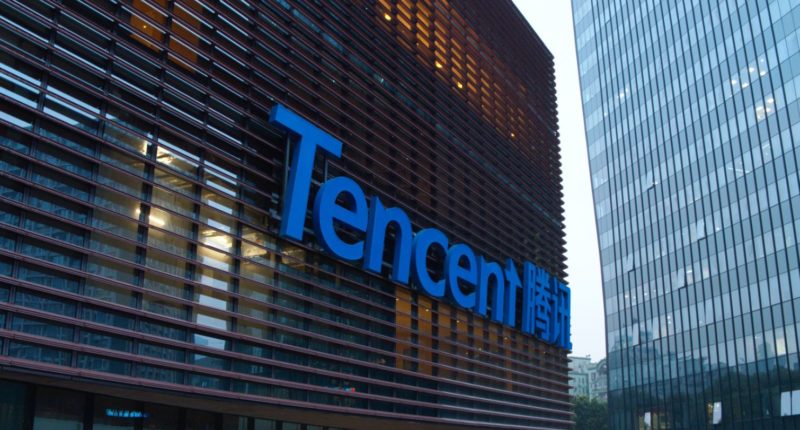Following a media report that it was eliminating roles across its “extended reality” (XR) business, Chinese tech giant Tencent Holdings came clean and informed that it was making some personnel adjustments in the unit.
While the tech behemoth refrained from elaborating on what kind of adjustments were coming to its recently-formed unit, it told Reuters that reports claiming that its plans to disband the business are untrue. Instead, the company is adjusting some business teams to account for changes in its development plans for hardware.
This bodes well for its employees, who were lucky enough to escape the axe. Few can claim the same, especially since this year (and the better half of the previous year) has been challenging for job-seekers and employees alike. An economic slump, fears of a recession, tumbling stocks, rising inflation, and other adverse macroeconomic conditions made it necessary for companies across the globe to reduce their workforces – and the tech industry remains one of the worst hit in terms of layoffs. Companies such as Alphabet, Microsoft, Meta, Amazon, and Twitter rank among some of the notable names to have partook in mass layoffs in recent months, and Tencent joined their ranks when it brought budget cuts across its organization last year – after it clocked its first revenue decline ever. In November 2022, the Chinese company began a new round of job cuts targeted at its video streaming, gaming, and cloud businesses.
Tencent’s statement that it is not disbanding its XR business comes after Chinese tech outlet 36Kr had reported that Tencent notified the staff at the XR unit – a number that crosses the 300-mark – that they would be provided a window of two months to find new internal or external opportunities, and that the XR business would be disbanded. The report cited unnamed sources. The XR unit had been formed the unit in June 2022 to be the lynchpin of Tencent’s metaverse ambitions and include software and hardware alike. For those who are unaware, extended reality refers to immersive technologies – such as AR and VR, which are considered to be the building blocks of the metaverse.
Furthermore, it highlights the shift of the company from being focused on software, games, and social media applications to diversifying its business beyond its core strengths. With the craze for the metaverse building up since 2021 – after Facebook was rebranded to Meta – the tech is considered to be the future of the internet and the next big thing in the tech world. Unsurprisingly, this has spurred a race between several tech giants – Meta and Tencent rank among them – although the metaverse itself is yet to make its debut.





